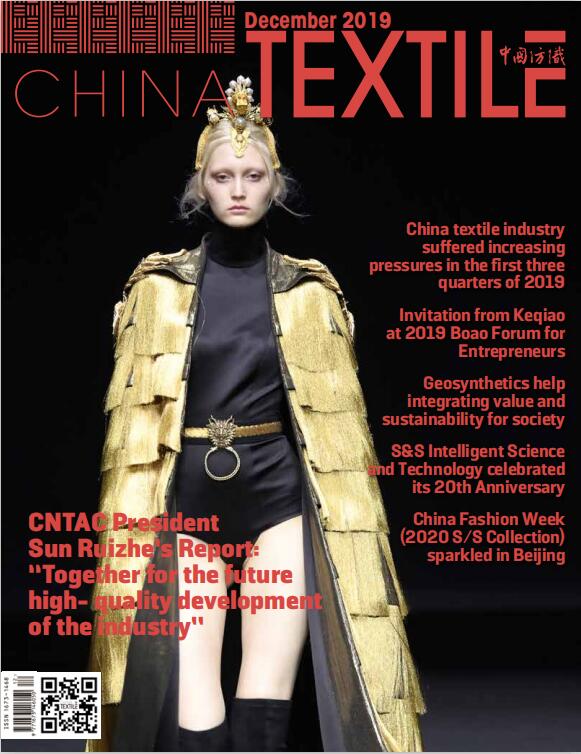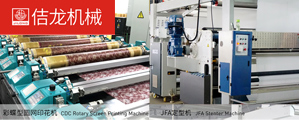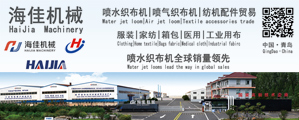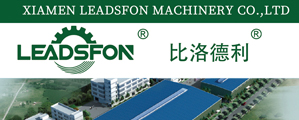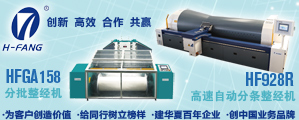UCMTF: Textile equipment manufacturers have to be innovation geeks
Interview with Christian Guinet, Secretary General of UCMTF
Jun 03, 2021 | by Zhong Mengxia
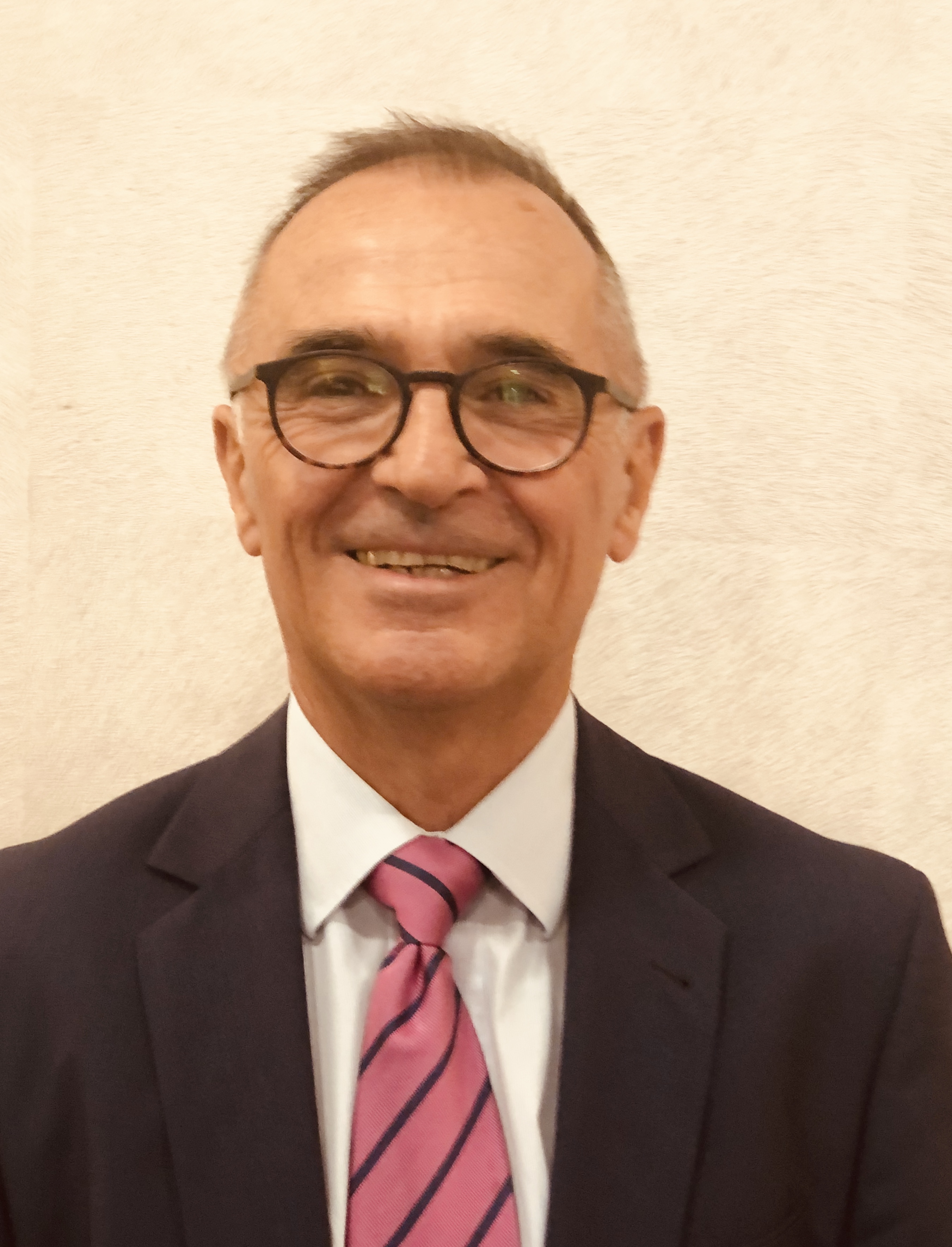
In France, there have been different phases since the beginning of the pandemic. Stores selling apparel or home textile are not considered as essential. They have been closed several times. Then you may imagine turnover at the retail level was way down in 2020 and probably will be again lower than usual in 2021. As for technical textiles, it is quite different. Most are components of other products, for the automotive industry for example. Sales of automobiles have been down then these textiles sales also declined. But there are important exceptions: think of textiles for medical uses and particularly for face masks! Sales of face masks went crazy as shortages appeared. Most of them were imported from your country China but a national production has been put in place.
Beginning of April, we are in a race between the increase of the number of people affected by the virus and the vaccination process. We believe the pandemic will be mostly over this summer but, in the meantime, the next few months will be very difficult.
For our companies, we started 2020 with very good order backlogs and many new projects were being studied with our customers. Then came the Corona virus. In many countries, our customers’ factories have been closed or partially closed for around two months. Ours too were partially closed. During this global turmoil, demand for services and sales of spare parts came nearly to an halt and many projects were postponed. Our priorities were, of course, to protect our own employees and to give our customers the few but often urgent services they needed.
On the export side, we have been committed to providing textile producers with the most advanced technology. We offer the textile producers state-of-the- art technologies. We design many special equipment to be our customers’ partners and help them introduce new products on their markets. Our R&D, we do not develop it in some ivory towers. We are SMEs in which the information flows very rapidly between the commercial, technical and research departments. This is how it should work and it does. It allows to go much further than purely commercial relationships with the customers. Then we can offer them hardware, software and services which are the solutions they need.
We have three high - quality French enterprises participating in this textile machinery exhibition.
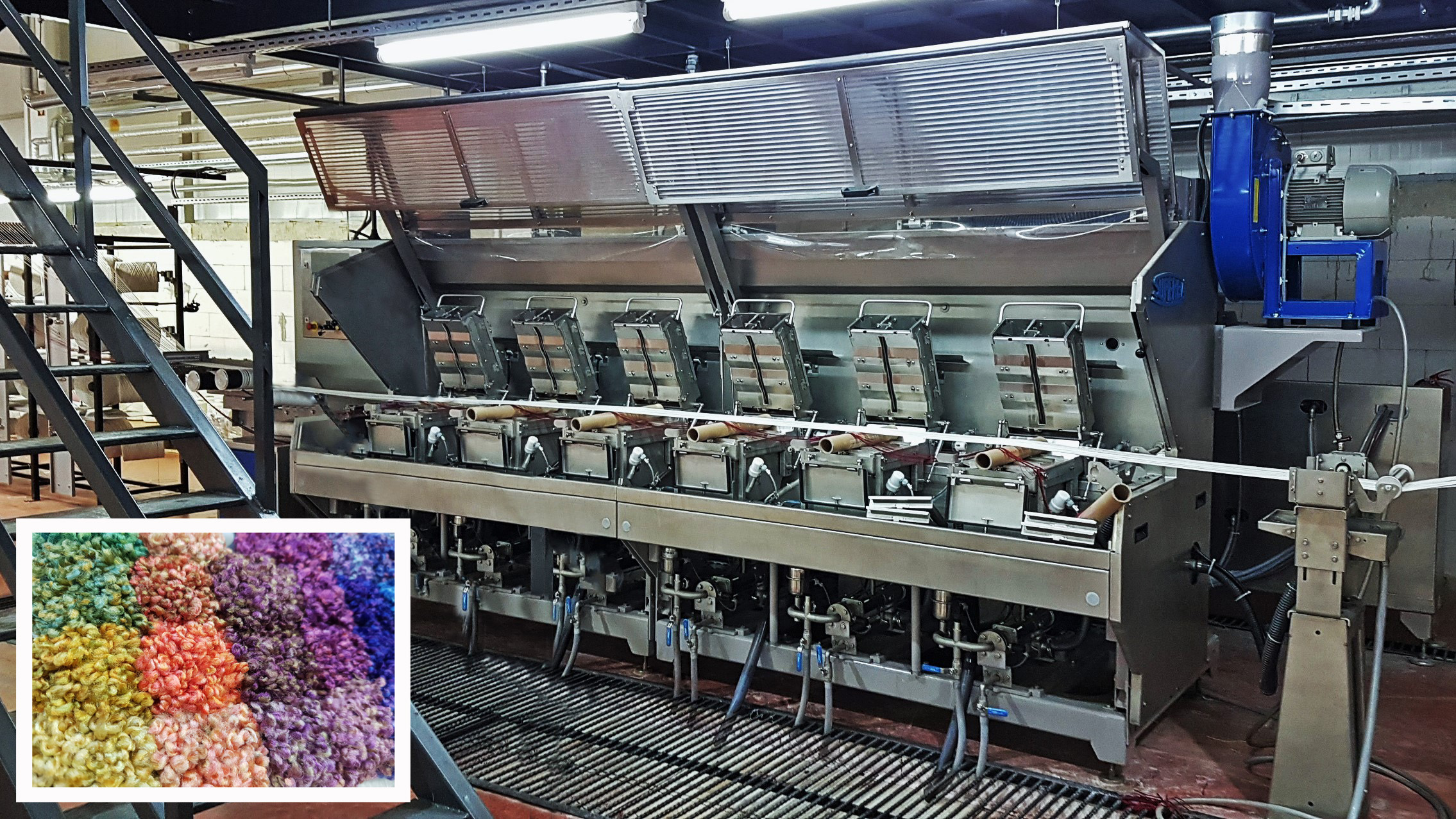
Superba is one of them. SUPERBA is expanding its area of applications and helps its customers introduce the industry 4.0 concept. The new SUPERBA B403 automatic winder marks a real technological breakthrough. With its individual spindle motorization drive, combined with a single tension sensor per position, it enables a constant tension winding process, a very accurate bobbin length measuring as well as a unique quality control for each yarn position. It opens up new opportunities in terms of winding quality. Connected through cloud computing to the new VANDEWIELE TEXCONNECT supervision system, the B403 is part of the Factory 4.0 concept. It provides readily-available data on yarn tension to supply the predictive maintenance and reduce yarn waste, allowing manufacturers to make the highest quality carpets at the most economic prices.

Superba is one of them. SUPERBA is expanding its area of applications and helps its customers introduce the industry 4.0 concept. The new SUPERBA B403 automatic winder marks a real technological breakthrough. With its individual spindle motorization drive, combined with a single tension sensor per position, it enables a constant tension winding process, a very accurate bobbin length measuring as well as a unique quality control for each yarn position. It opens up new opportunities in terms of winding quality. Connected through cloud computing to the new VANDEWIELE TEXCONNECT supervision system, the B403 is part of the Factory 4.0 concept. It provides readily-available data on yarn tension to supply the predictive maintenance and reduce yarn waste, allowing manufacturers to make the highest quality carpets at the most economic prices.
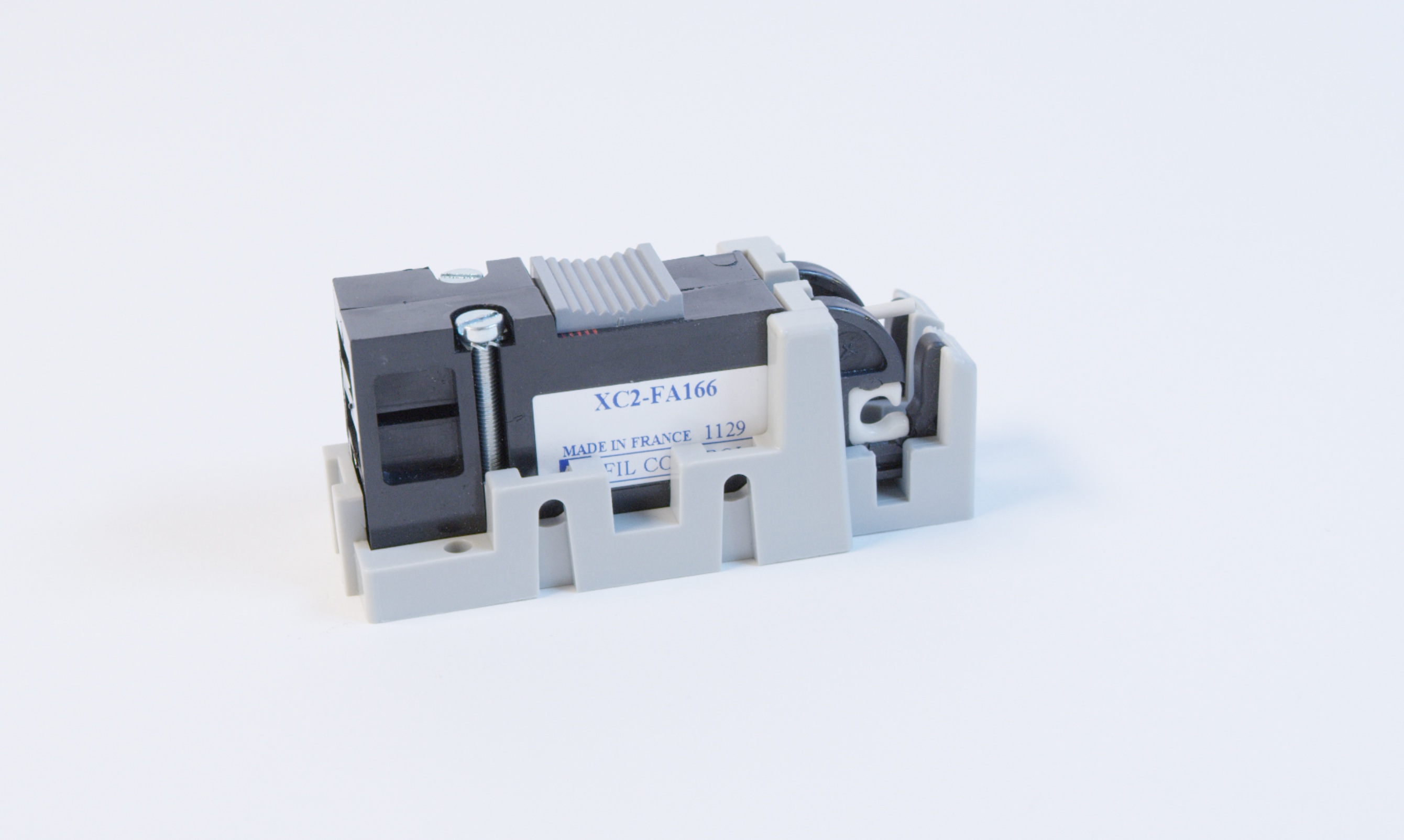
FIL CONTROL provides sensors also needed by Industry 4.0. The ring spinning market is now ready to welcome the Motion Reflective Sensor developed by Fil Control. The company is meeting a high demand for their MRS-P speed sensors for ring spinning machinery that allows monitoring, controlling and optimizing the yarn manufacturer productivity for better quality at lower cost. The new Motion Yarn Tension sensor developed for tyre and carpet yarn twisting is attracting many yarn manufacturers.
HANNECARD is an example of a service-oriented company They include:technical visits at the mills to enhance the efficiency of the technical cylinders (e.g., squeezing rate), the lifetime of the rubber coatings, the shrinking rate of the shrinking machines, complete maintenance operations of the S-rolls and the supply of complete steel base cylinders (standard or anti-flexion).
Innovation is multi-face. Innovations can materialize in equipment, service, communication channels with our partners. There are 4 major themes for innovations which go beyond the usual ones:Eco-responsibility, industry 4.0, recycling, precise cost analysis. The French textile equipment manufacturers are particularly strong in long fibre spinning (wool, acrylic …), yarn twisting and control (including technical yarns), space-dyeing, heat setting for carpet yarns, carpet systems, dyeing and finishing, felts and belts for finishing processes, nonwovens, air conditioning of textile plants, and recycling processes of textile materials.
All our companies are promoting textile intelligence and sustainability. I just gave you some examples of how they help their customers integrate the factory 4.0 concept which is really a disruptive innovation. The textile producers who will integrate it in their production process, starting from one or a few equipment and, in a second phase, to their all-production process and even to the flow of information between themselves and their suppliers and customers will gain a real competitive advantage. Concerning your question about sustainability, the answer is quite similar. To save energy, water and raw materials, you have to start from each equipment and in a second phase to the whole production process.The idea is quite simple, the execution requires the full involvement of the management.
In 2020, on our most important market, your own country, China, our sales were lower than the previous years. It was also the case on the Indian market where investments decisions are slower that we had imagined. Other Asian markets are active and the investment mood is positive in many markets like Indonesia, Thailand, Vietnam or South Korea. In Iran, the textile industry is in the starting blocks as the machinery is outdated. The US economy is clearly growing and markets like Western Europe, Eastern Europe or Central Asia are doing quite well but are not big enough to compensate the slowdown in China.
We believe the Chinese textile industry will rebound thanks to its national market. When I travel all over China, I see that most Chinese men and women like fashion as much as smart phones, that they are ready to spend money on apparel. Then I think that the Chinese national market will grow at a fast rate and that the best, most efficient, energy conscious equipment will be more and more needed to produce apparel, home and technical textiles.
Business does not like uncertainty but we are used to it and have re-engineered our companies to cope with it. But, since the beginning of the global Covid-19 pandemic, we have never been in such an uncertain environment. One example related to the timing of the interview: today, two months ahead of ITMA ASIA, we do not know what the travel restrictions will be. We may face a quarantine to enter China. These uncertainties are also a constraint for our customers from outside China who are used to visit ITMA ASIA. Then, our strategy is to rely more than ever on our local organizations, our subsidiaries, representatives and agents.
I have to say we are quite confidence about the future of the industry. When you look at the global textile production statistics, the growth rate in terms of fibers consumption is quite stable around 2 or 3 % per annum which means the industry has to invest on a rather regular basis. What may be changing rapidly is the growth rate in each country. The industry is shifting quite rapidly from one country to another. There has been a major shift towards Asia, now the industry is shifting within Asia. Other major trends are the upgrading of the apparel and home textiles and the development of the technical textiles.
ITMA ASIA is the most important textile machinery show in Asia. This 2021 edition will be an unusual one as the foreign exhibitors will be less numerous than usual and the ones who will exhibit will have less staff from their head office. Foreign visitors will probably be also less numerous. Nevertheless, the Chinese market is so important that ITMA ASIA 2021 remains an absolute must. As you may know, we are members of the European organization, CEMATEX which is the owner of the ITMA brands. We are very happy of ITMA Asia success and we have promoted this show since the beginning. We will continue.
The future development trend of textile industry is innovation, innovation and innovation!
The textile equipment manufacturers have to be innovation geeks. We, as an association, we innovate too. Right now, we are designing a virtual show which will be a very useful complement to such shows as ITMA’s. May I give you a breaking news: this virtual show will include 3D demonstrations of equipment.


